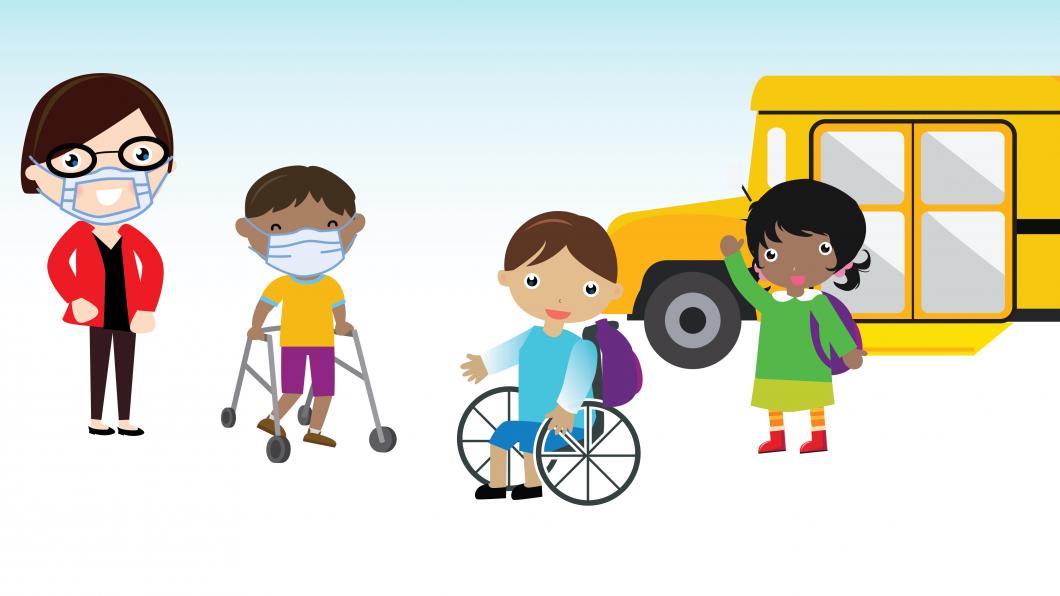
Guidance created to inform Ontario’s back to school strategy
As fall quickly approaches, experts in healthcare and education have been contemplating how to re-open schools safely come September. Among them is a team from Holland Bloorview Kids Rehabilitation Hospital (Holland Bloorview), which has released recommendations that if implemented, would allow schools to welcome back children—all while being mindful of those with special needs.
“The gap in learning support during the pandemic has significantly impacted children with special needs,” says Dr. Evdokia Anagnostou, senior clinician scientist, paediatric neurologist and co-lead of the Autism Research Centre at Holland Bloorview. “We know that families with special needs are reporting worsening mood, anxiety, inattention and irritability since the onset of school closures and other emergency measures. As government and school boards plan re-opening scenarios, children with special needs must be considered.”
The hospital’s document, created with input from Holland Bloorview families, staff and the principal of Bloorview School Authority, has been sent to the Ministry of Education to inform their back to school planning. It suggests parents consult their healthcare providers regarding their child’s medical requirements prior to students returning to schools.
Once doors re-open, a modified transition is advised. This consists of active communication between the school, child, parents/caregivers and the child’s therapist, where applicable. It might also mean the creation of “cohorts,” which would entail separating children into groups and allowing only for interaction among children in their own group.
The team recommends regularly screening and monitoring for symptoms, cleaning specialized equipment and making sure rehabilitation needs are met. Physical distancing for children on buses and transportation needs to be considered, as does masking—the ability to read facial expressions and gestures is compromised when masks are worn, which can lead to misinterpreted social cues.
For staffing, an increase in support may be necessary. Minimizing sharing educational assistants between classrooms is suggested, and so is establishing infection-control procedures and providing personal protective equipment for those who cannot physically distance.
Learn more about Holland Bloorview's recommendations.